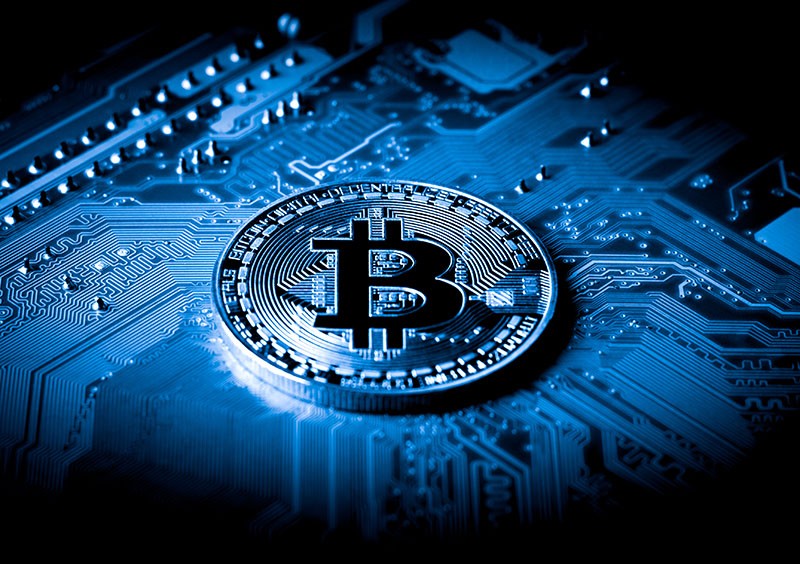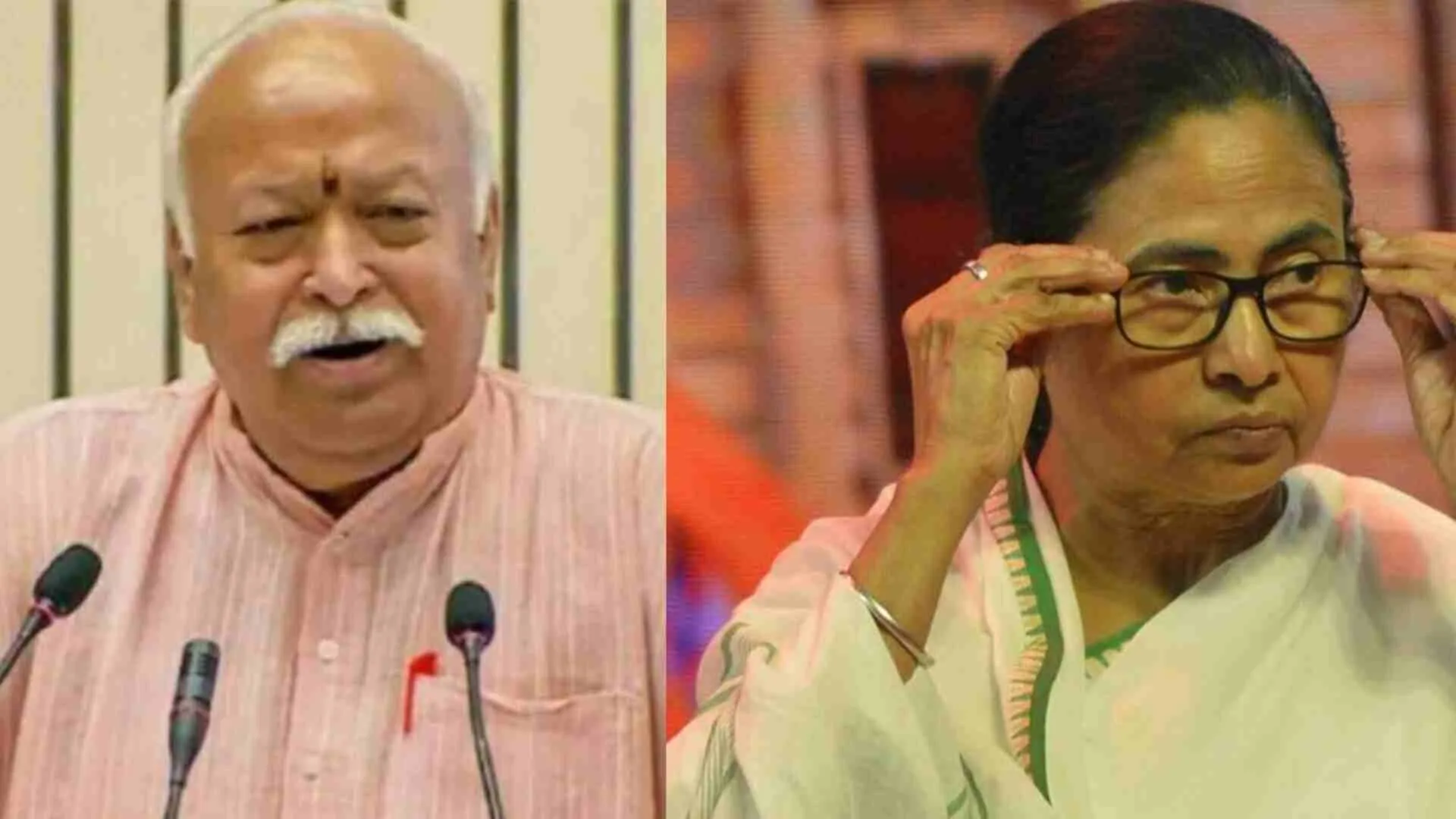“This article is written by Tejaswini Kaushal, a second-year student at Dr. Ram Manohar Lohiya National Law University, Lucknow. This article aims to evaluate the upcoming trend of cryptocurrency and the ambiguity that looms regarding its regulation .”
Introduction
Cryptocurrency has been the talk of the town for the past decade, and the financial, industrial, and investment sectors cannot get enough of it. With cryptocurrency, transactions are verified digitally without the use of banks through a peer-to-peer network and get recorded in an encrypted manner on public ledgers. This implies that the storage, transmission, and recording of cryptocurrency transfer data to public ledgers all entail sophisticated encryption to ensure security and protection. Regardless of these advantages, there looms a preeminent fear of misuse and misappropriation of wealth as well as an adverse impact on the security and integrity of the nation. The Cryptocurrency and Regulation of Official Digital Currency Bill, 2021, was one method by which the government tried to regulate cryptocurrencies. It has caught the attention of the Indian bankers, investors and other invested parties of the contemporary sectoral structure of India, who deal with and get impacted by the recent upsurge of virtual currencies and assets. Yet, the question that arises is whether these efforts are indeed leading to a positive change regarding the recognition of cryptocurrency and its regulation, all the while maintaining its uniqueness and confidentiality benefits. This article aims to question and analyse the same by contemplating upon the judicial trend as well as contemporary updates.
Cryptocurrency: a Gateway to the Future
A plethora of problems plague both traditional (say, insurance and investment) and dynamic (say, eSports) industries. Some of them include the need for a more transparent system to incentivise service providers and consumers fairly, lack of a uniform portal facilitating secure participation, disproportionate distribution of total industry revenue, absence of a reliable and self-sufficient ecosystem, weak technological solutions for effective monetisation, and the like. Cryptocurrency, as an unregulated form of currency and free from interference and delays caused by government systems, aims to be a mechanism to resolve such issues.
Large quantities of money may be moved, deposited, and withdrawn expeditely and inexpensively through its borderless global blockchain technology. Because cryptocurrency has no borders, virtual event organisers, brokers and investors can avoid banks and governments from stifling their ability to transact and delay payouts. Additionally, it may be converted to fiat for a minor exchange cost in most nations that accept cryptocurrencies. Cryptocurrency is often used to place wagers without paying fees, get in trouble with their banks, or disclose their gambling habits. In addition to saving millions of dollars in administrative costs, many have made a fortune by embracing and retaining cryptocurrency owing to its deflationary properties.
The Persisting Vicissitude in Bestowing Recognition to Cryptocurrency
There is no regulation of cryptocurrencies in India, which creates scope for major private and public disputes and conflicts. On April 6, 2018, the Reserve Bank of India (RBI) issued a circular warning consumers and forbidding them from transacting in virtual currencies. Furthermore, the SC Garg Committee spearheaded the effort to outlaw virtual currencies in 2019. In its report, the Committee expressed concerns about the ballooning of cryptocurrencies. It noted that a significant portion of cryptocurrencies is issued outside India, involving a substantial populace of Indian investors. According to the report, cryptocurrencies lack the characteristics of fiat currency because they were founded by non-sovereigns and private entities, thus, not having an underlying intrinsic value. The Committee advised that the state maintain an open mind about an official digital currency because it was determined that prevalent cryptocurrencies at present could not function because they did not adhere to the fundamental characteristics of money. Both the Committee and the RBI believe that cryptocurrencies run the potential of being utilised improperly for money laundering, and the RBI has traditionally viewed cryptocurrencies as unstable and risky investments.
In a positive step towards acknowledging cryptocurrencies, the Supreme Court of India overturned the 2018 RBI Circular in Internet and Mobile Association of India v. Reserve Bank of India, finding that it had breached Article 19(1)(g) of the Indian Constitution and was thus unconstitutional. While overturning the circular, the Supreme Court stayed silent on the legality of cryptocurrencies and instead left that decision up to the legislature. This ambiguity in scope was questioned in Hitesh Bhatia v. Mr. Kumar Vivekanand (2021), where the court held that while cryptocurrency is not a legal instrument, all transactions must comply with basic regulations governing financial transactions, including the Foreign Exchange Management Act of 1999. In addition, Indian courts have not yet taken a position on the legal standing of cryptocurrencies.
In pursuance of the overruling, RBI issued another circular in 2021 advising banks as well as other entities to carry out the required due diligence procedures for exchanges in virtual currencies in accordance with the governing norms for the KYC guidelines and anti-money-laundering regulations without forbidding users from dealing with virtual assets. Though cryptocurrencies have been bestowed a reluctant recognition by the Reserve bank of India (RBI), they are still not legislatively regulated, which creates a scope for major public conflicts of interest. Furthermore, the Finance Bill 2022 proposed a fixed 30% tax coupled with 1% TDS on earnings from cryptocurrency transactions with a restrictionary goal in mind.
The urgency to regulate cryptocurrency is explicit in the government’s approach to expedite it’s control of this domain. The government has most recently expressed its intention to restrict private exchanges in cryptocurrency through the Cryptocurrency and Regulation of Official Digital Currency Bill, 2021, and empower the RBI to issue an official digital currency which is appropriately monitored and regulated by the government. Yet the passing of this Bill is a distant hope, with RBI seeking a ban on cryptocurrencies citing “destabilisation effects.” and the government pitching for international collaboration for unanimously adopted regulatory practices.
Issues that Plague the System: Scaling the Grey Area in the Use of Cryptocurrency
- Security:
Because cryptocurrency is a digital method of exchange, it has become a popular platform for hackers, financing terrorism, and drug trade. People are greatly anxious about their investments in cryptocurrencies due to a substandard sense of security and a lack of dependability.
- Volatility:
Cryptocurrency has a volatile nature and is speculative. High quantum of investments cause market volatility, which causes price fluctuations and the potential for significant losses for investors.
- Absence of a regulatory framework:
The Indian government’s approach to cryptocurrencies is one of wait-and-watch. Lack of regulatory power has increased the likelihood of fraud, endangering investor protection and the flow of money throughout the economy.
- Issues with the Stock Market:
Securities and Exchange Board of India (SEBI) claims to have no authority over cryptocurrency “clearing and settlement”. It is unable to offer counter-party assurances as it can for stocks. Furthermore, neither money, nor commodity, nor security has been used to characterise cryptocurrencies.
- Flood of Advertising:
Because speculation is viewed as a quick method to make money, there has been an explosion of advertising in the cryptocurrency market. It is feared that these initiatives may deceive young people by “overpromising” and “non-transparent advertising.” The Advertising Standards Council of India (ASCI) has, therefore, issued new guidelines provinding that crypto ads must include a ‘high risk’ disclaimer.
- Economic instability:
Rising cryptocurrency markets have the potential to tip the Indian economy’s cyclical flow of money out of balance, leading to inflationary tendencies. The process of creating cryptocurrencies differs significantly from the way the economy produces regular money. Cryptocurrency is encrypted and secured rather than dependent on the rules of financial institutions, making it challenging to raise the money supply over a set algorithmic pace.
- Money laundering:
Due to the ease with which one may transmit money from one nation to another without being held accountable, individuals will likely begin investing in this practice. For instance, as per the report by Elliptic Connect, a specific cross-chain bridge dubbed RenBridge has been utilised to launder at least $540 million in cryptocurrency used in criminal activity since 2020.
- Increased chances of fraud:
Since virtual currencies aren’t supported by the government or any particular good, they may lose their value if their’ promoter stops engaging in trade. The most recent instance is the Squid Game Crypto Scam, in which the promoters lured purchasers before stopping trade, abandoning the buyers with tokens that had no monetary worth. It is believed that they defrauded $ 3.38 million in this case.
- Absent ombudsman:
Consumers are exposed to transactional and informational risks because there is currently no venue where they can go for support or a way to get their complaints addressed in relation to crypto assets.
- Poor scalability forecast:
Since cryptocurrency is built on blockchain technology, scalability is still a significant issue because of the append-only data storage technique used by blockchain technology, which prevents data from being updated and is restricted due to rising demand.
The Path to a Brighter (and Safer) Future
In India, there is a need to create a creative and ethical digital asset ecosystem. The development of such an ecosystem relies heavily on innovation through collaboration. Cryptocurrency technologies have tremendous potential and have the ability to significantly enhance financial services, the financial sector, and the FinTech industry. But experimentation and investigation are the only ways to discover what functions.
The Indian government must carefully tread the waters first. The Indian government needs to investigate the potential of distributed ledger technology in prospective domains of use. The tokenisation of real and financial sector assets should thereafter be supported. Then it needs to take action to facilitate improved connection and usage of digital currencies. Lastly, it should provide participants with superior value propositions, risk assessment, and improved management.
Since several concerns have emerged due to the digital asset activity’s quick increase in complexity and magnitude, India must also amp up its reactions to these emerging concerns as regulators worldwide have done. The Indian government must quickly address the dangers of terror financing and money laundering, manage technological and cybersecurity risks, protect against loss to small investors, and reduce possible financial stability issues.
Rather than relying solely on domestic regulation, protecting consumers needs a multifaceted strategy. For regulatory arbitrage to be minimised, global collaboration is essential. Transactions involving cryptocurrencies can be made from any location on the globe. To improve market integrity and client safety in the digital asset arena, the Indian government must actively participate in international regulatory evaluations. Secondly, the crypto sector plays a significant role in jointly developing innovative policies to safeguard the interests of consumers. In order to minimise harm to consumers, the government must discuss its reservations with the industry and solicit opinions on potential solutions. Lastly, customers must be accountable and use discretion and good judgment. No amount of national laws, international cooperation, or industry protections can shield customers from losses if the value of their digital assets holdings declines.
If India wants to be a centre for ethical and creative digital asset operations that boost productivity and generate wealth, a coordinated development plan and regulatory framework for digital assets would be a sine qua non. The government must devise a plan to make India one of the most hospitable and accommodating jurisdictions for digital assets, the most thorough in controlling the perils of digital assets, and among the toughest in areas like preventing retail cryptocurrency investments.























